Il viaggio dell’artista Farid Rahimi per il progetto “Afghanistan”, vincitore della XII edizione dell’Italian Council
Il progetto di Farid Rahimi AFGHANISTAN unirà le tante voci e le tante immagini di un viaggio a caccia di “testimonianze” afgane in giro per il mondo. È un lungo viaggio per tappe: copre grandi distanze non solo fisiche ma anche interiori, emotive. Parte dall’esigenza dell’artista (nato in Svizzera, ma residente e cresciuto in Italia) di confrontarsi con un’identità frammentata tra la sua appartenenza ad un paese che non ha mai visitato – l’Afghanistan – e la dislocazione dei suoi legami familiari in luoghi lontani dall’Italia e distanti tra loro.
PRIMA TAPPA: GIAPPONE
«Tokyo, prima tappa del percorso, è stata il punto di partenza di un lungo viaggio alla scoperta delle mie radici afgane. Il Giappone, apparentemente distante, lontanissimo dal mio obiettivo, èmail luogo di residenza di mio fratello. Qui ho avuto il primo confronto fondamentale sulle motivazioni del mio progetto e sulle motivazioni che lo hanno spinto a vivere in Giappone». (F.R.)
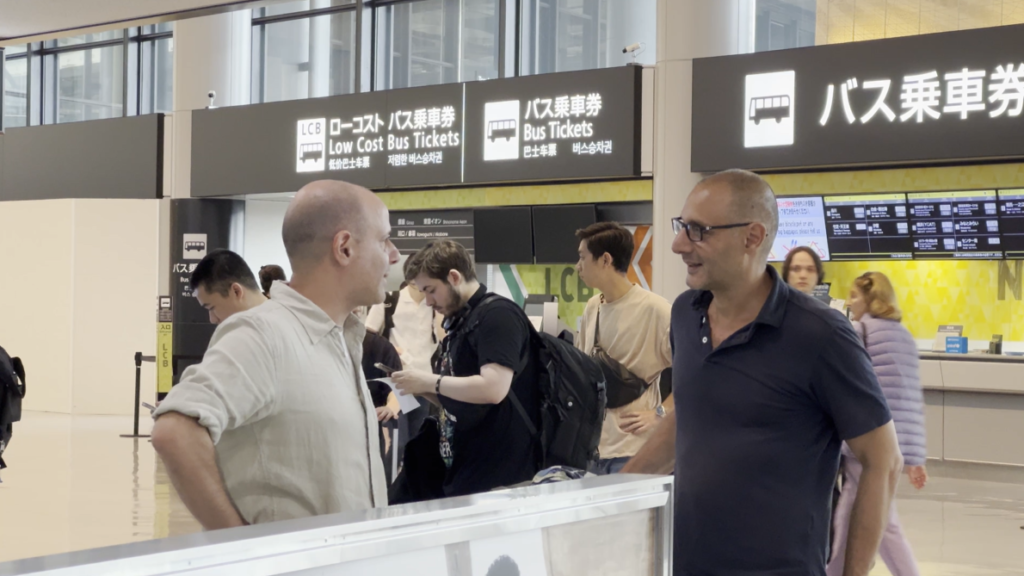
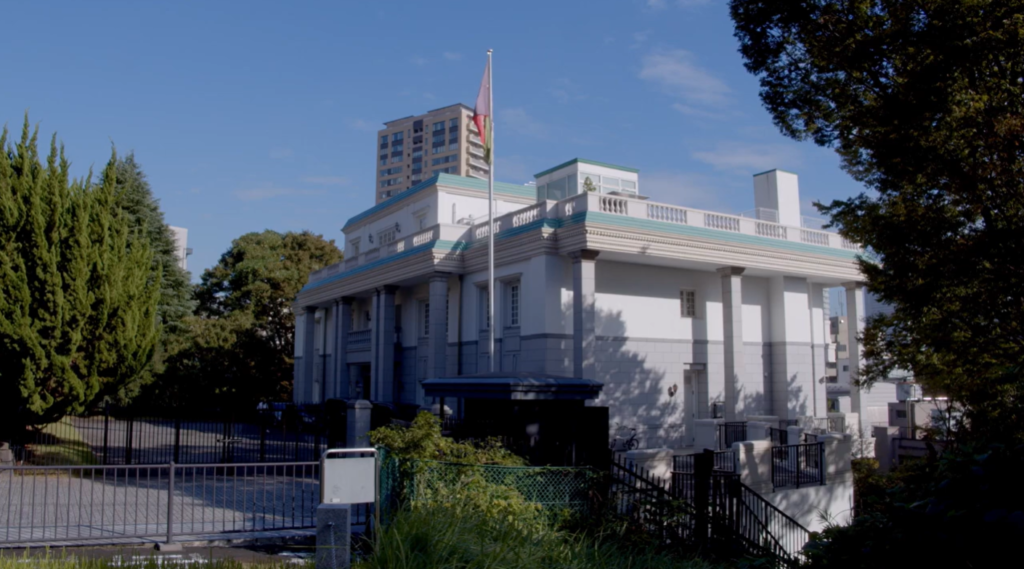
«Possiamo dire che sia stato un po’ un prologo del viaggio, in cui, insieme a mio fratello, ho delineato le tematiche dei prossimi viaggi… Volevo raggiungere la persona a me più vicina, con un’identità molto simile – entrambi ci sentiamo italiani – per vedere come stava vivendo in un posto così lontano con una cultura così diversa. Cercando inoltre di cercare tracce di Afghanistan a Tokyo. Con mio fratello mi sono confrontato su queste tematiche legate all’identità, alla famiglia, a integrazione, che si svilupperanno nel resto delle tappe».
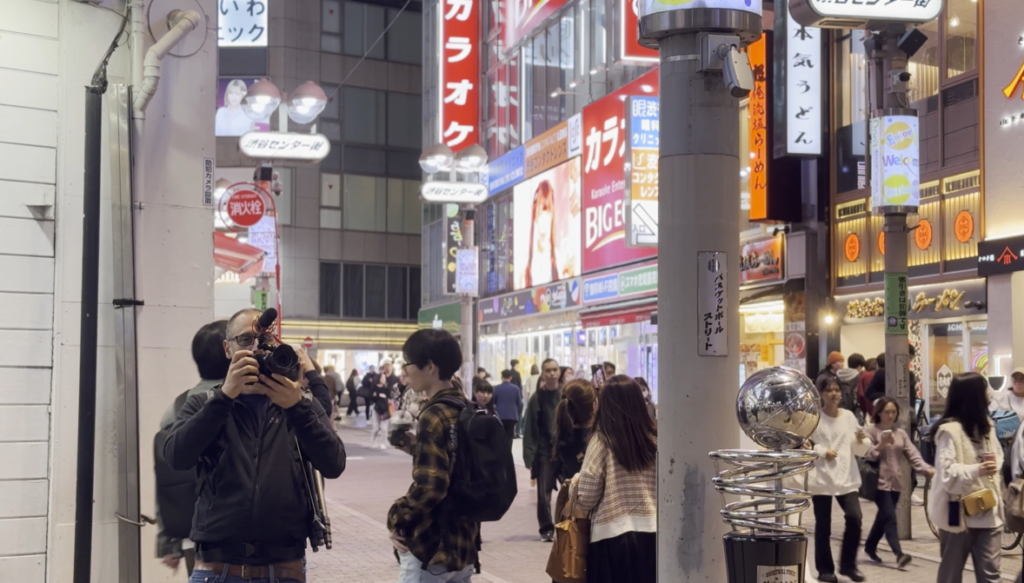
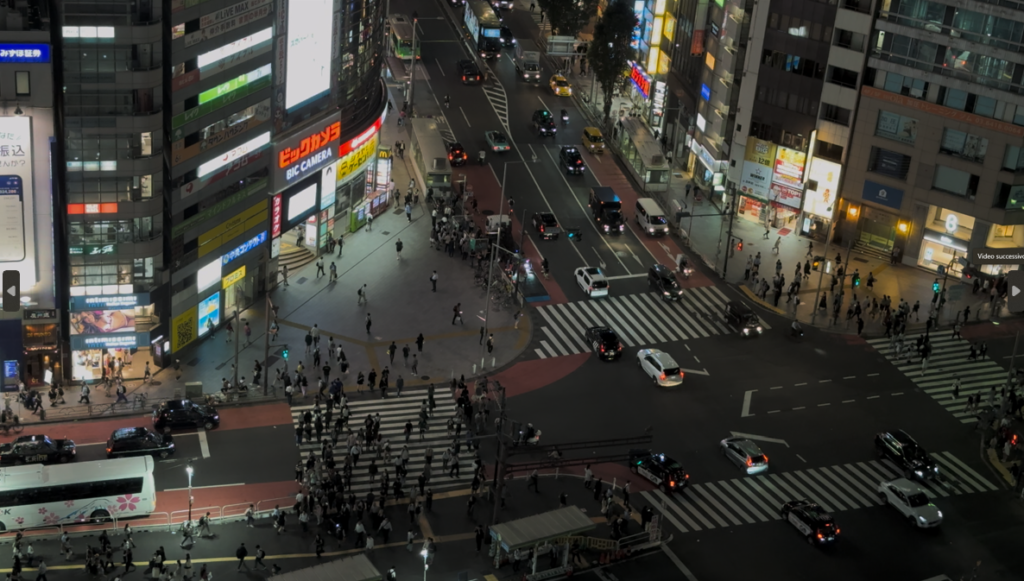
Ascolta “AFGHANISTAN. Prima tappa: Giappone – Le motivazioni del viaggio” su Spreaker.
SECONDA TAPPA: AUSTRALIA
In Australia, Farid ha incontrato famigliari di Kabul che non aveva mai conosciuto, se non in foto «Uno dei momenti più intensi, emozionanti e formativi».
Qui spiccano i racconti di come hanno vissuto sotto le bombe a Kabul, trovando riparo nelle cantine, e come hanno poi deciso di lasciare il Paese, divenuto troppo pericoloso e arrivando così in Australia.
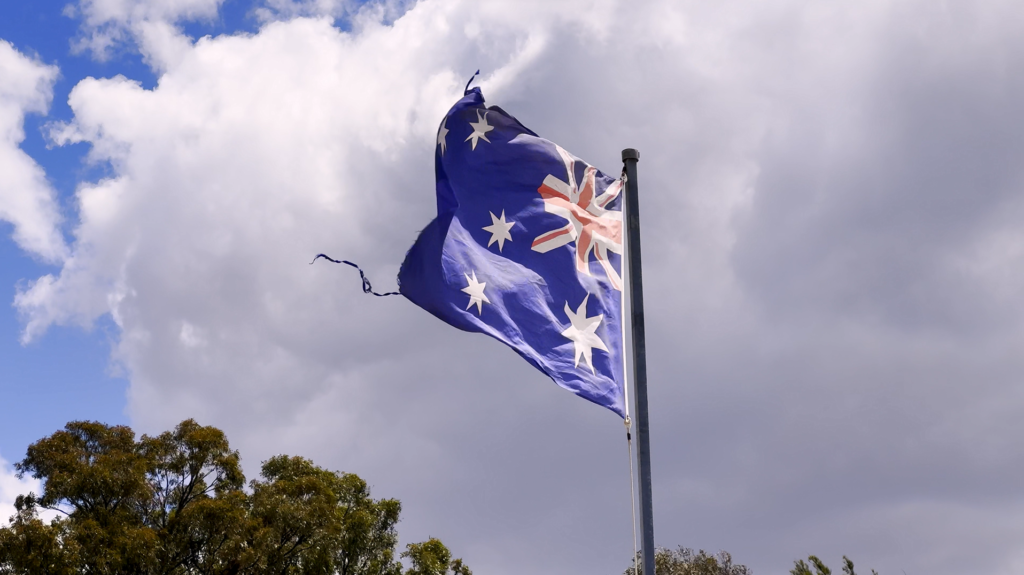
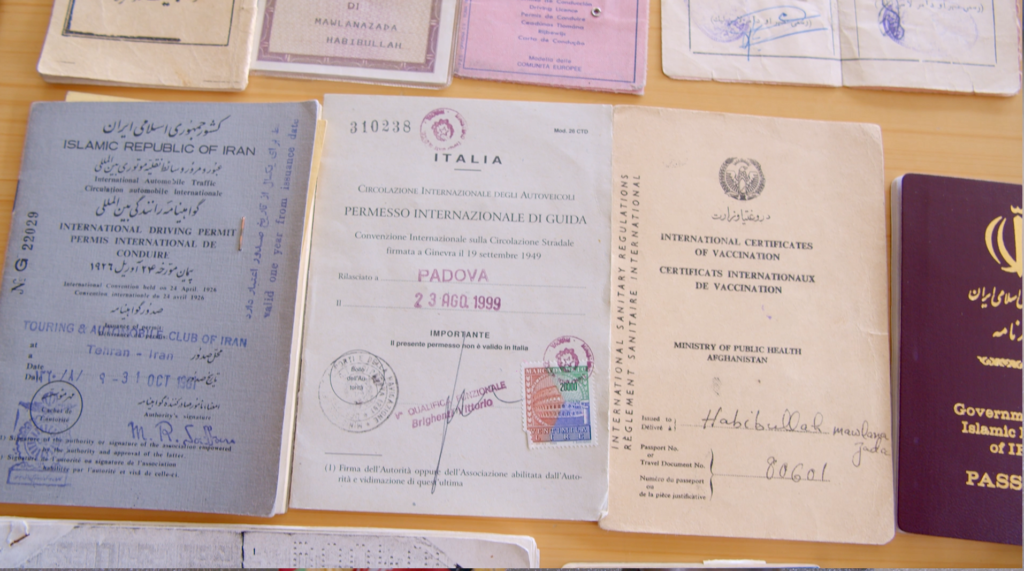
Ascolta “AFGHANISTAN. Seconda tappa: Australia – La destinazione è un destino” su Spreaker.
TERZA TAPPA: GERMANIA
La Germania è una delle nazioni con più rifugiati afgani in Europa. A Berlino ed Hannover, Farid ha incontrato i suoi parenti e intervistandoli ha colto sfumature relative al senso di appartenenza condiviso da cui è emersa la questione di “identità migrante”.
«Per quanto riguarda la “dignità migrante”, un episodio che mi ha colpito è quando siamo andati a trovare dei cugini di mio zio. Essendo appena arrivati in Germania, si trovavano in una situazione particolare, ovvero abitavano in prefabbricati che sebbene molto ben organizzati avevano qualcosa di freddo e impersonale. Una situazione modesta se pensiamo che queste persone sono professionisti, avvocati, dentisti, professori universitari… Quindi si percepiva proprio questo senso di sofferenza, di pudore, nel mostrarsi in quel contesto, anche se rappresentava una situazione transitoria. E questo succede spesso quando le persone sono costrette a ricominciare da capo in un’altra nazione».
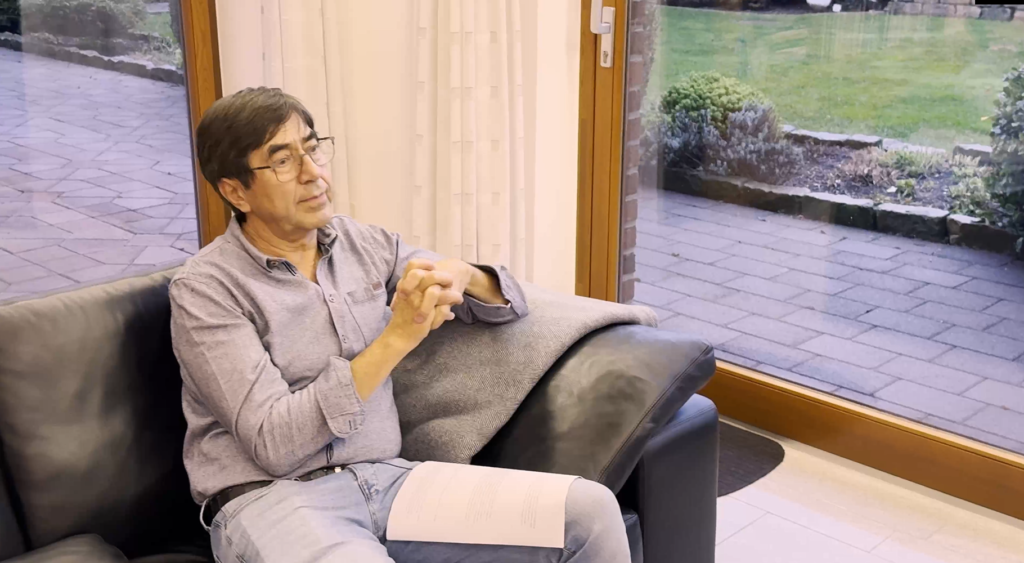
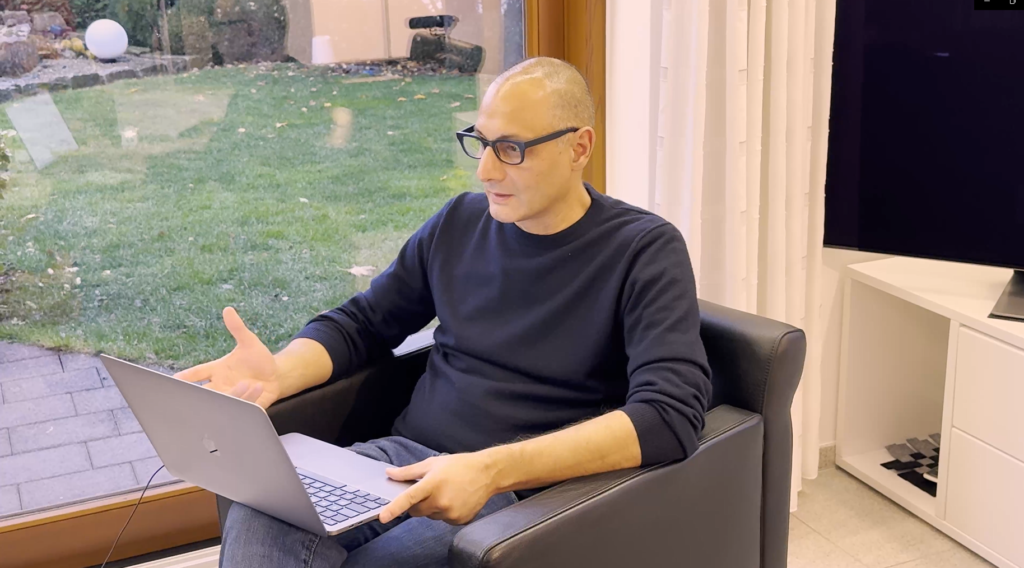
Ascolta “AFGHANISTAN. Terza tappa: Germania – La dignità migrante” su Spreaker.
QUARTA TAPPA: USA
La visita ai parenti di Farid negli Stati Uniti è avvenuta nel periodo a cavallo tra la festa del ringraziamento e l’inizio di dicembre. Qui, partendo da Nashville, ha incontrato alcuni zii con i quali è da sempre molto legato. Ospite a casa loro, ha festeggiato il Thanksgiving Day nella variante degli Afghan-American.
«E’ stato molto intenso rivedere i miei parenti e festeggiare con loro il Thanksgiving Day in stile Afghan/American. Si percepiva molto il clima di comunità… molto unita, molto forte. In quei giorni ho intervistato mia zia Nasrin che ha vissuto la storia più drammatica. Lei, infatti, ha dovuto attendere quasi dieci anni per ottenere il visto. Ha vissuto in un limbo di attesa e incertezza le varie fasi della storia dell’Afghanistan e del conflitto, dovendo rimanere per un certo periodo nella stessa Kabul»
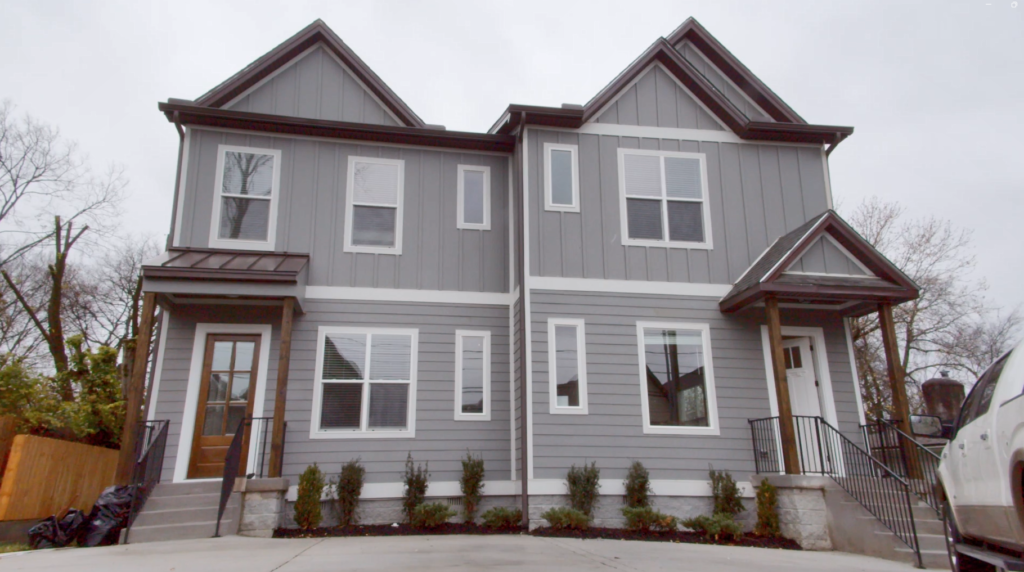
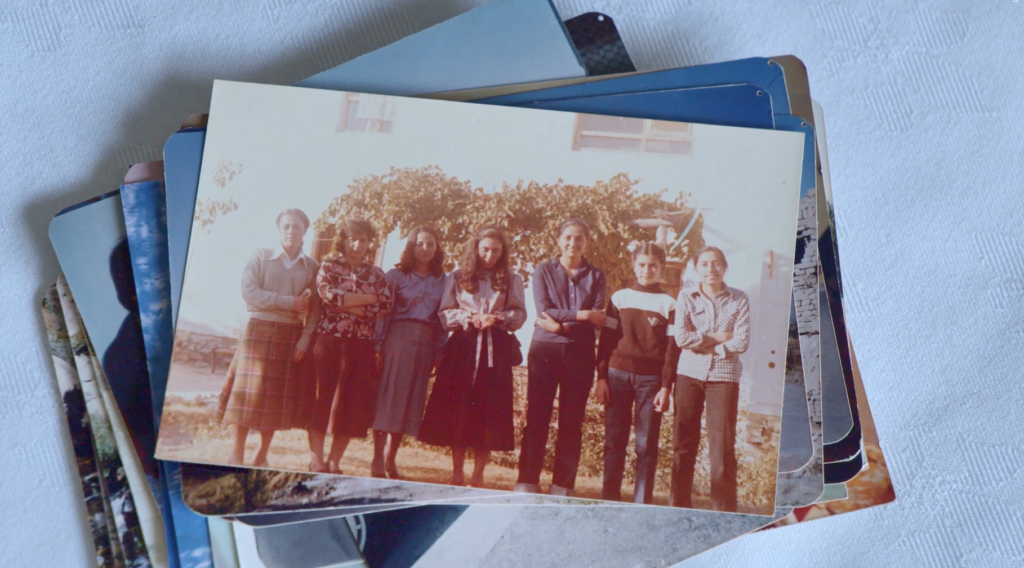
Successivamente, Farid ha raggiunto Albany per incontrare un caro amico di suo padre: «Ghafar, persona molto acuta, mi ha raccontato di mio nonno e della casa dove abitavano a Kabul. Una casa molto grande, con un vasto giardino: suddivisa in tre parti e abitata da diversi gruppi famigliari tutti imparentati tra loro. Qui si viveva un clima veramente “aperto”, dove tutti mangiavano insieme, giocavano insieme e condividevano la vita di tutti i giorni come momenti speciali»
L’ultima tappa del viaggio di Farid in USA è stata a Hillsborough in New Jersey, dove ha incontrato suo zio Rassoul, tra i primi ad aver ottenuto il visto per gli USA. La storia del loro viaggio, suo e della moglie Saida, sembra un romanzo, con colpi di scena, momenti di panico e incontri con persone straordinarie. «Arrivati in America, lavorando tantissimo e con molto fatica, sono riusciti a costruire una nuova storia famigliare: un esempio di integrazione virtuosa»
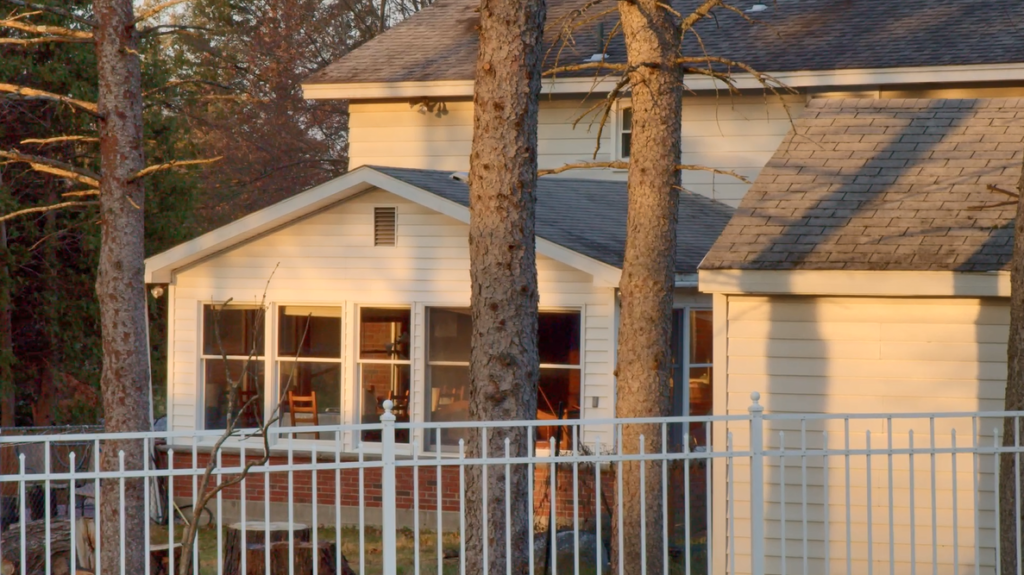
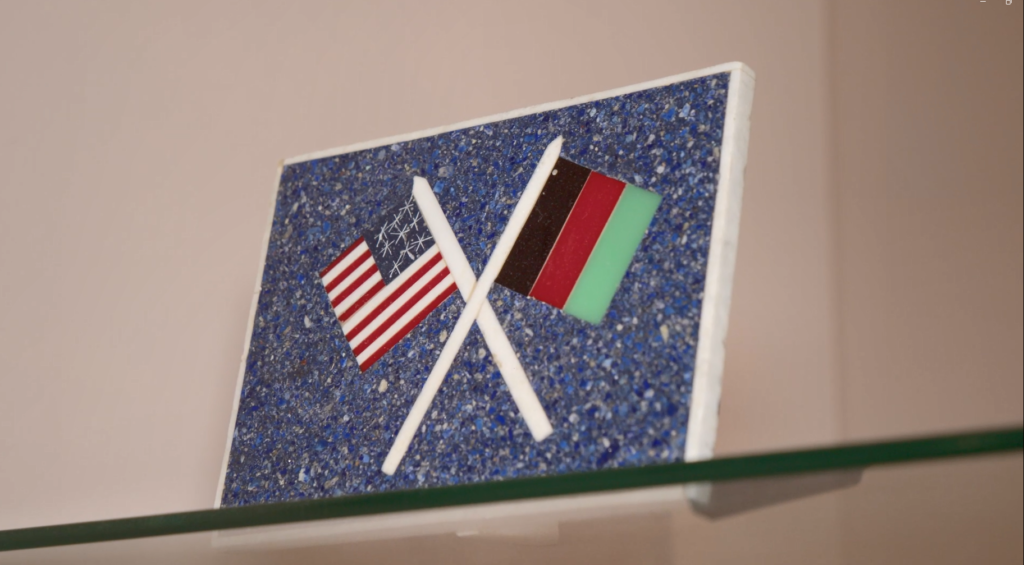
Ascolta “AFGHANISTAN. Quarta tappa: Stati Uniti – Una storia di integrazione virtuosa” su Spreaker.
QUINTA TAPPA: TURCHIA
La Turchia, crocevia e punto di incontro tra Oriente e Occidente, con i suoi paesaggi e le sue usanze, ricorda molto alcuni aspetti dell’Afghanistan, rimandando comunque al mondo Occidentale.
«In Turchia ho ricercato i paesaggi che mi ricordavano l’Afghanistan: montagne marroni, calanche, paesaggi deserti. Non sono uguali, ma sono molto somiglianti, soprattutto sono legati alla mia immaginazione, ai miei ricordi immaginati che ho dell’Afghanistan» F.R.
Qui, Farid ha visitato le città di Antalya, Beysehir Konya Aksaray Ankara e Istanbul.
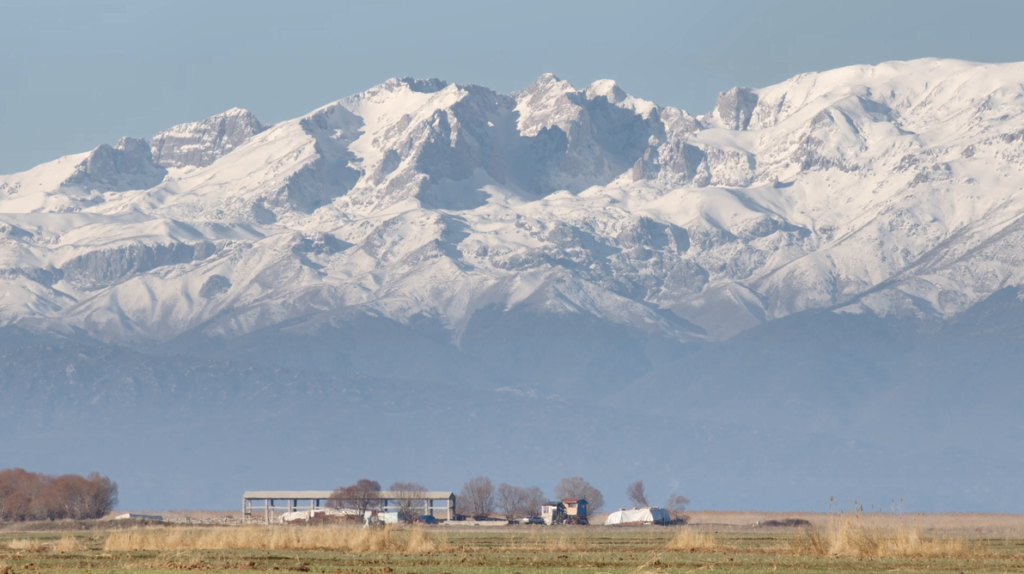
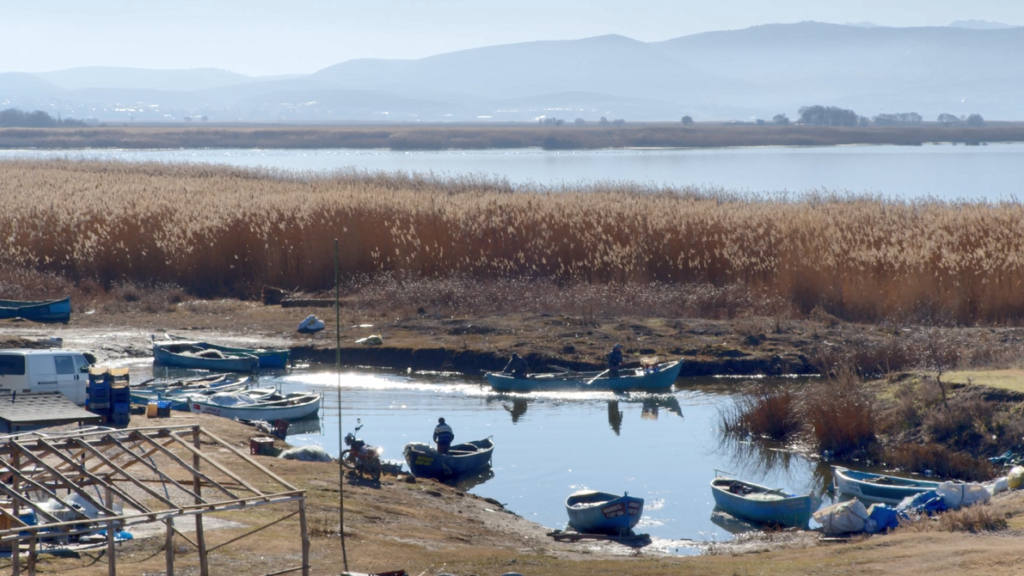
«In questo viaggio, ho voluto mantenere un rapporto il più possibile “sincero” e realistico con la mia famiglia, cercando di mostrarla nella maniera più veritiera.
In contrappunto, mi piaceva l’idea di lasciare all’immaginazione il territorio dell’Afghanistan e il suo paesaggio, cercando una risonanza con quello che si è costruito nella mia immaginazione. Ho cercato altrove un luogo che ne evocasse non uno reale, ma remoto. Come una finzione…» F.R.
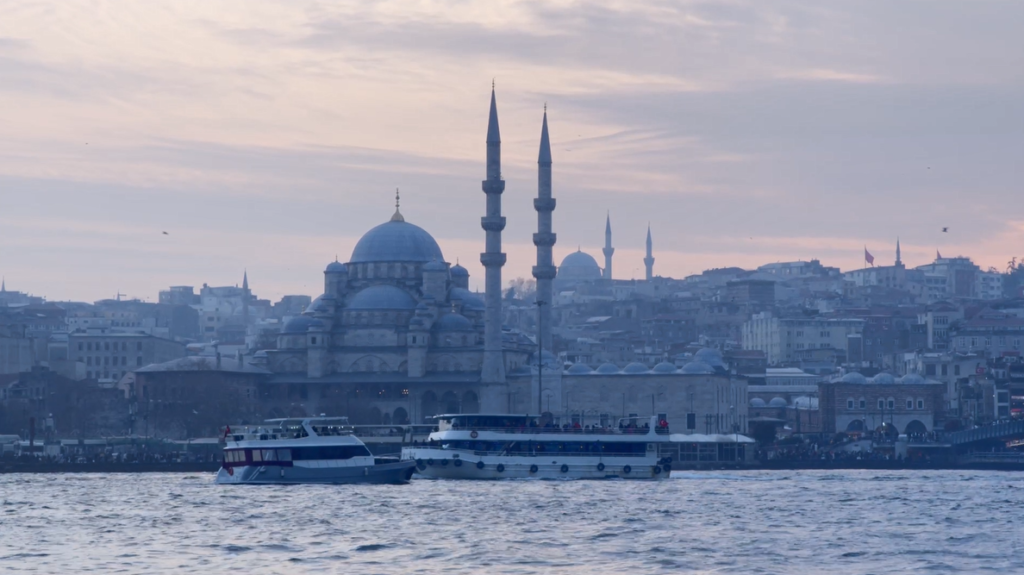
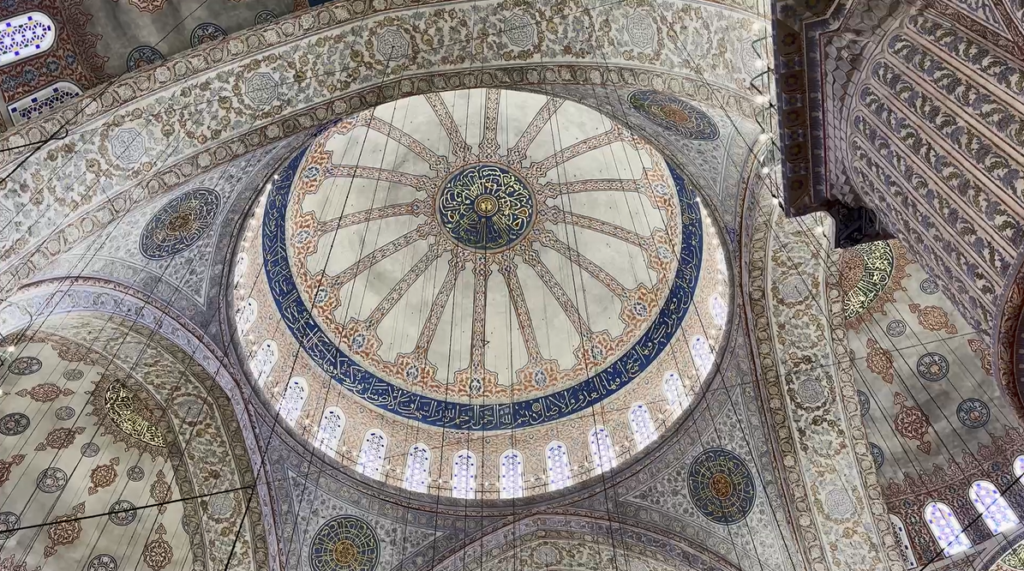
Ascolta “AFGHANISTAN. Quinta tappa: Turchia – Realismo e immaginazione” su Spreaker.
Progetto realizzato grazie al sostegno dell’Italian Council (12a edizione, 2023), programma di promozione internazionale dell’arte italiana della Direzione Generale Creatività Contemporanea del Ministero della Cultura




